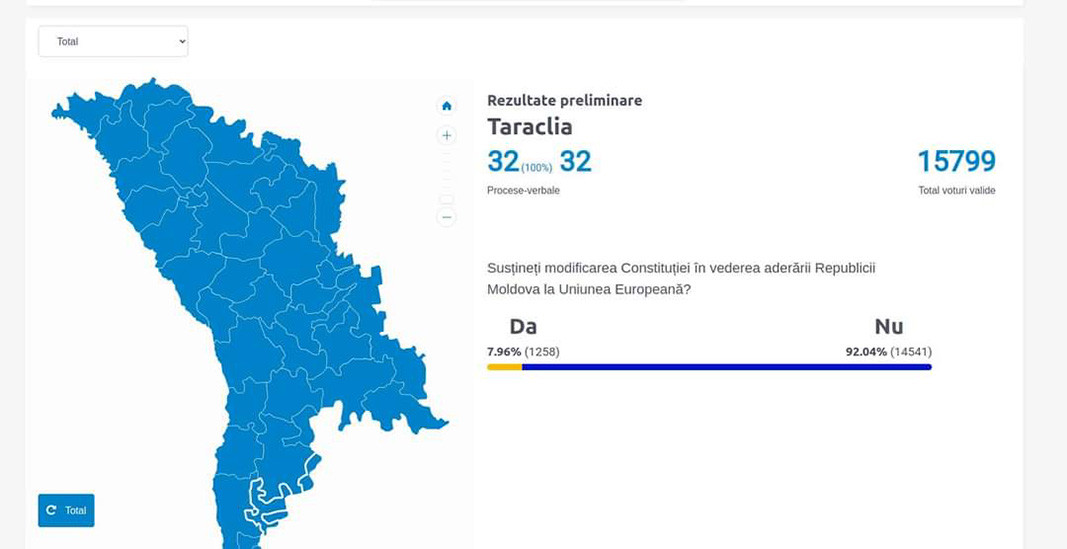
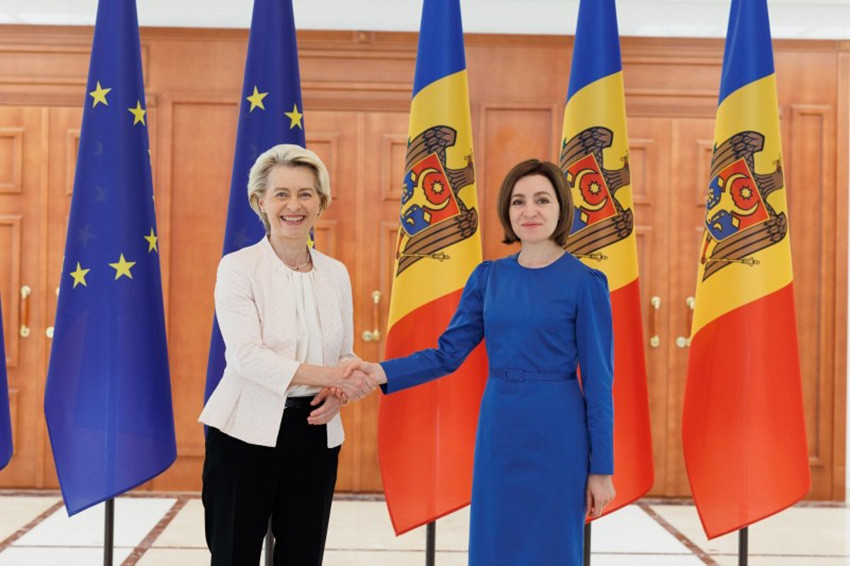
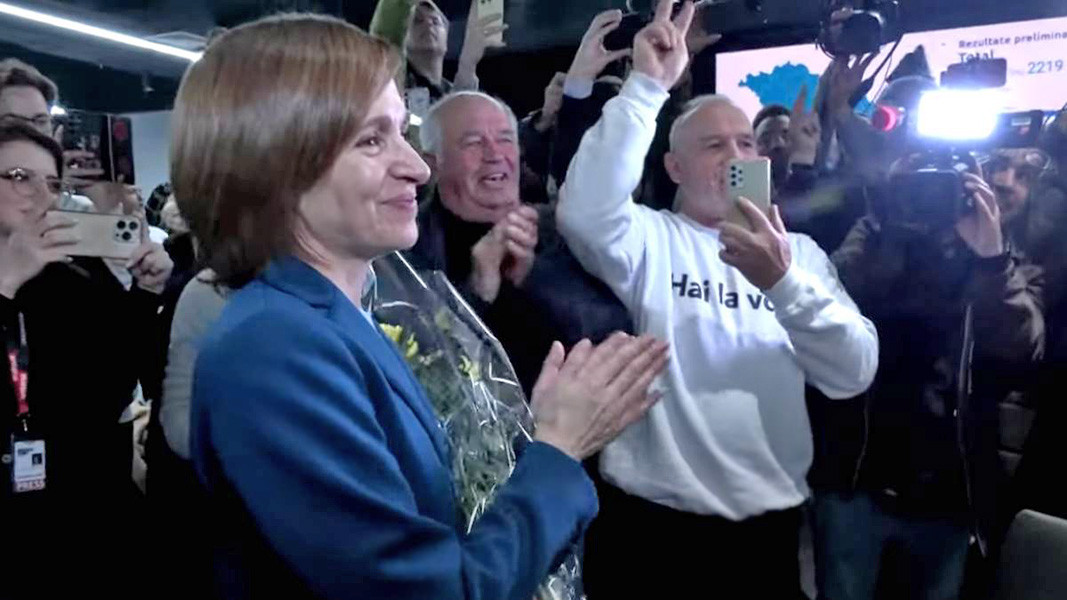
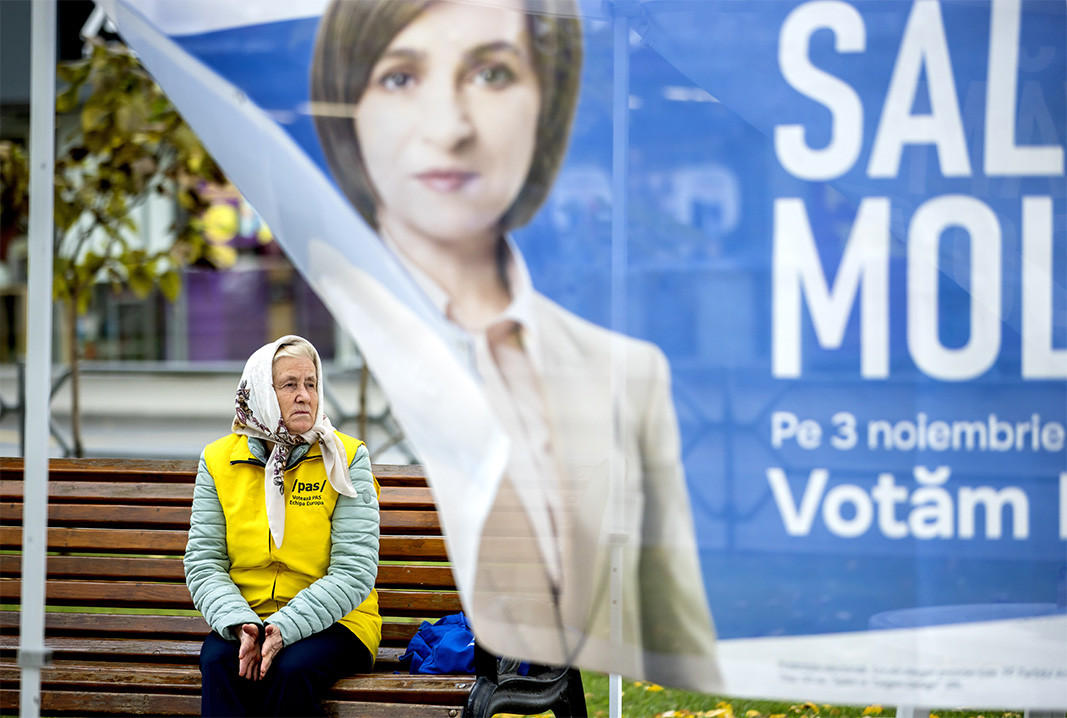
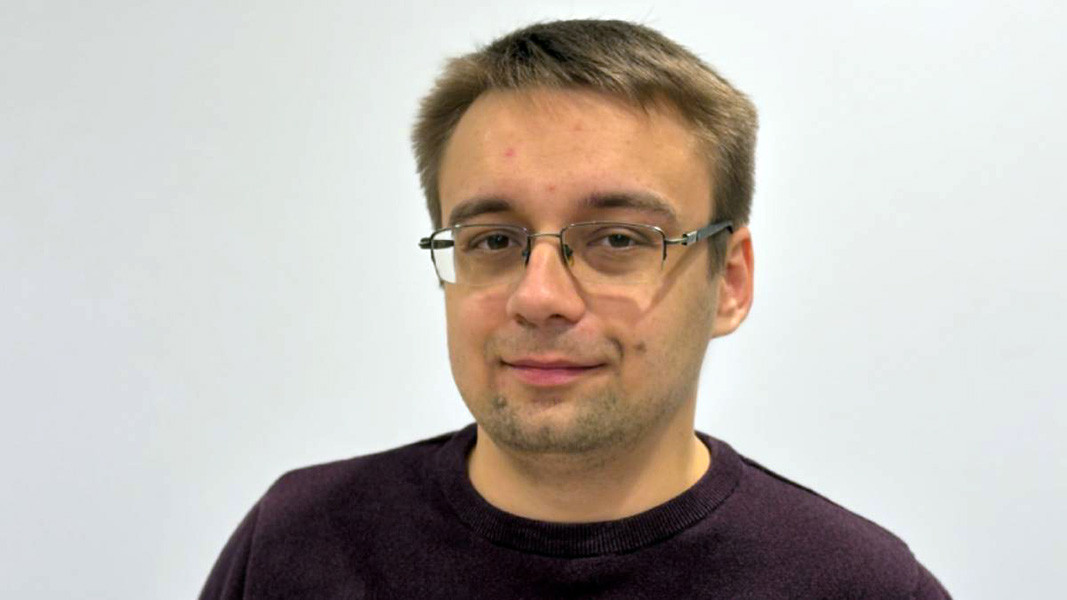
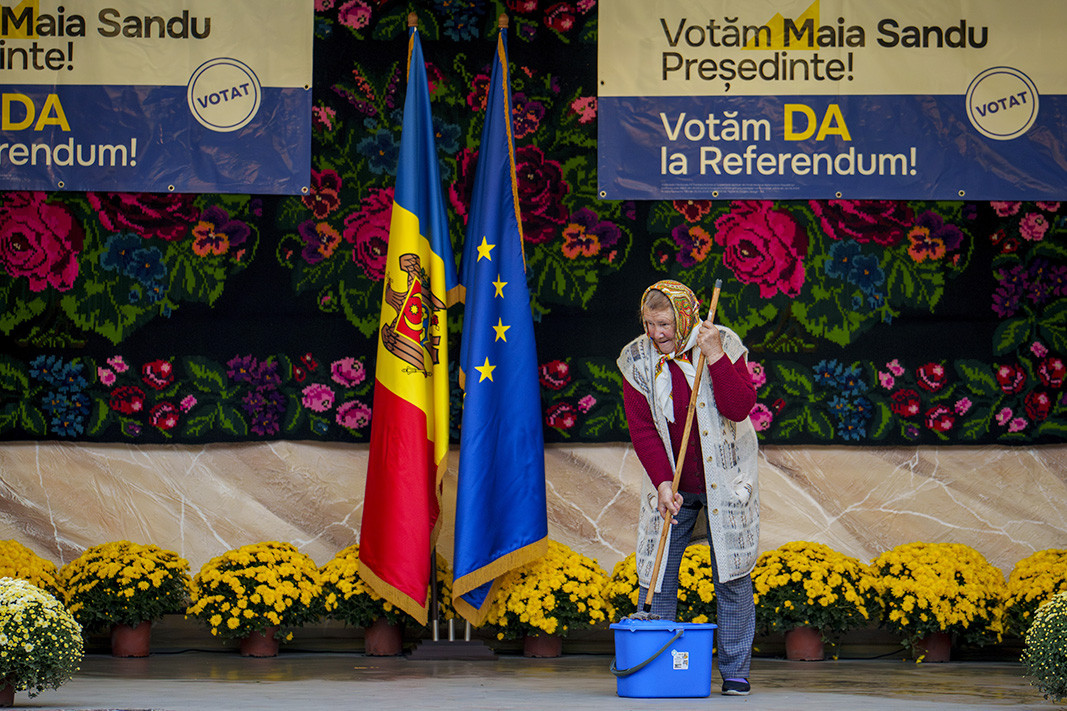
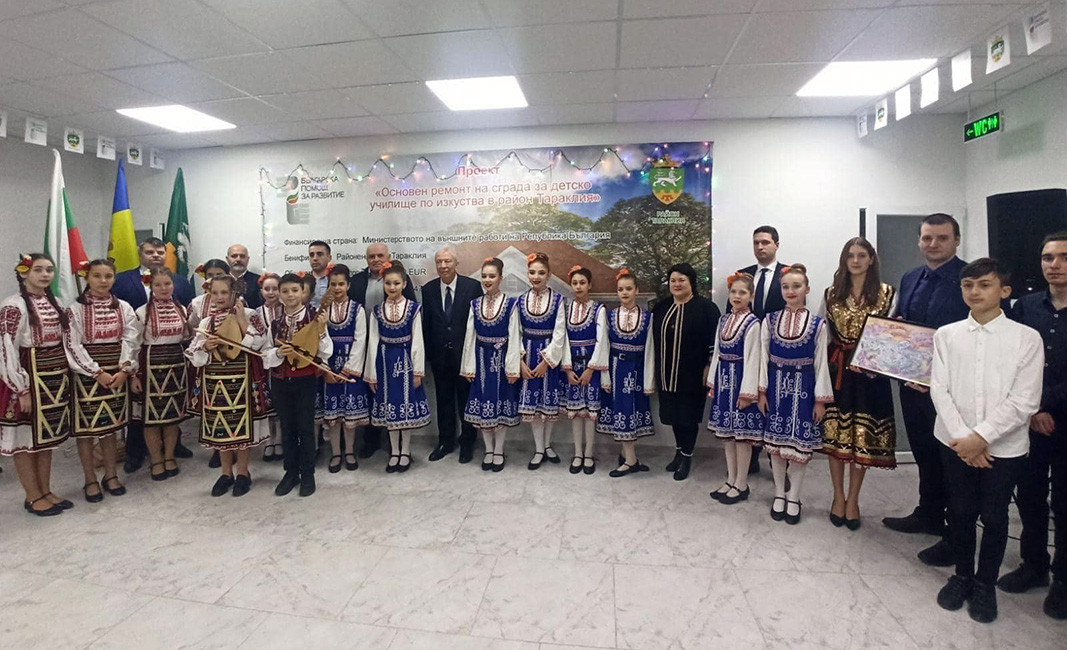
In recent years, Moldovan authorities have campaigned against Russian propaganda and disinformation in the country and sought to limit the use of the Russian language. In 2021, the Moldovan Constitutional Court repealed a law passed by the previous parliament that would have allowed minorities in the country to use Russian. The law would have required product, service, and medication labels sold in the country to include Russian. On December 24, 2021, when Maia Sandu took the oath for her first term, she spoke not only in Romanian but also in Russian, Ukrainian, Bulgarian, and Gagauz. She declared at the time that she "loves and respects equally all citizens of the country, regardless of their ethnicity and religion." "For me, all citizens are equal. I will work with you so you feel secure and can develop, learn, and speak your mother tongue. All of us have been robbed. I want to restore justice for all citizens of our country," Sandu said then in each of the four minority languages in Moldova.
With 128 votes in favour, 56 against and six abstentions, the National Assembly elected Maria Filipova, the chair of the Consumer Protection Commission, as deputy ombudsman of the Republic of Bulgaria. She received support from MPs belonging to..
Deputy Prime Minister Atanas Zafirov's attendance at a military parade in China provoked a strong reaction from We Continue the Change-Democratic Bulgaria (PP-DB) , who submitted a declaration to the National Assembly. Speaking from the parliamentary..
The autumn session of the 51st Bulgarian National Assembly was opened with the anthems of the Republic of Bulgaria and the European Union, after which the parliamentary speaker Natalia Kiselova called on the deputies to be fully aware of the..

+359 2 9336 661
